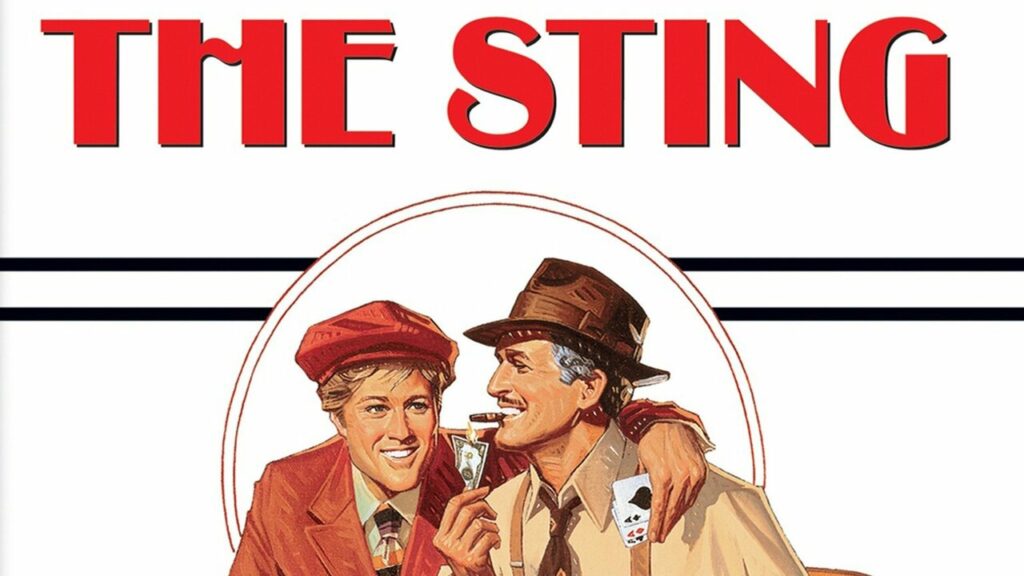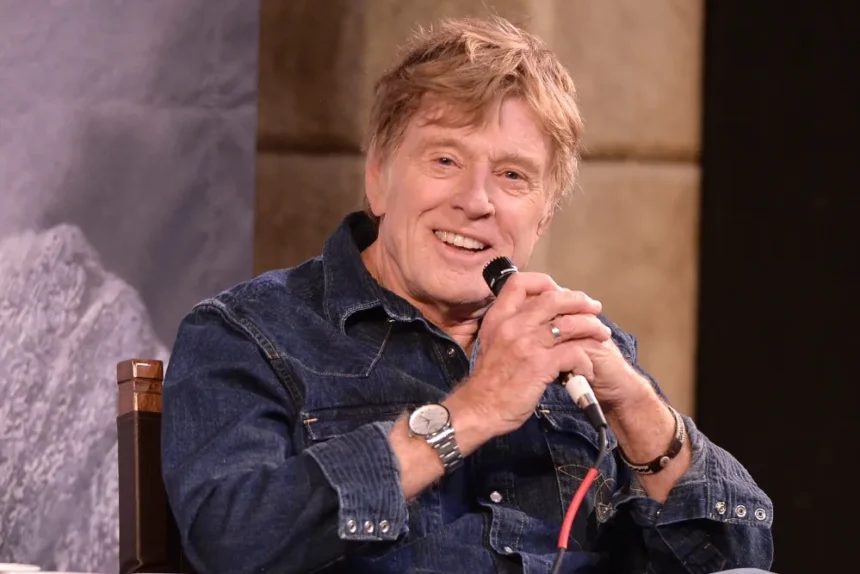Robert Redford, a true Hollywood icon, passed away on September 16, 2025, at 89. He died at his home in Sundance, Utah, marking the end of a six-decade career. More than just an actor, Redford directed and produced films. He was also an environmentalist and the man behind the Sundance Film Festival, a key event for independent movies. His work had a wide impact, influencing many lives and changing how we tell stories on film.
To many, Redford wasn’t just the star of movies like Butch Cassidy and the Sundance Kid and The Sting. He stood for artistic independence, integrity, and new ideas in film. His death has brought tributes from actors, filmmakers, writers, and fans. They respected his career and his dream of a more creative, open, and real film business.
Charles Robert Redford Jr. was born in Santa Monica, California, on August 18, 1936. He was raised in a regular family. His dad was a milkman, then an accountant, and his mom cheered on his artistic side. As a kid, Redford was talented but also a bit of a handful. He was good at drawing and painting but didn’t focus much on school. He even admits he preferred to daydream.
He got a baseball scholarship to the University of Colorado but lost it because of his rebellious attitude and issues with alcohol. After that, he went to Europe, studied painting in Paris, and lived like a young artist. During this time, he found acting and later joined the American Academy of Dramatic Arts in New York.
Redford began his TV work in the early 60s, appearing in *Perry Mason*, *The Twilight Zone*, and *Alfred Hitchcock Presents*. His big break happened in 1963 on Broadway in Neil Simon’s *Barefoot in the Park*. People really liked his charisma. Hollywood noticed him, and in 1969, *Butch Cassidy and the Sundance Kid* turned him into a star. His partnership with Paul Newman created a memorable movie team. Their style as outlaws brought fun and flair to the film. It was a box office success, showing Redford could lead a movie.

The 70s included hits like *The Sting* (1973), reuniting him with Newman. It won the Oscar for Best Picture. He co-starred with Barbra Streisand in *The Way We Were* (1973) and portrayed journalist Bob Woodward in the Watergate movie *All the President’s Men* (1976). By the end of the decade, Redford was a famous star, supporting movies about social issues.
Redford’s ambitions stretched beyond acting. In 1980, he directed his first film, *Ordinary People*, a quiet family drama that explored grief, guilt, and healing. The film was a triumph, earning four Academy Awards, including Best Picture and Best Director for Redford. It was a stunning debut that silenced any doubts about whether the golden-haired leading man could succeed behind the camera.
His directing career continued with films like *A River Runs Through It* (1992), a lyrical story about family and nature, and *Quiz Show* (1994), a gripping drama about a television scandal. Each film reflected Redford’s interest in morality, truth, and the human condition. As a filmmaker, he was less concerned with spectacle and more with storytelling, preferring nuanced performances and emotional honesty.
News of Redford’s death prompted an outpouring of tributes. Fellow actors, directors, and writers praised not only his body of work but also his character. Stephen King described him as “a storyteller who believed stories could save us.” Actress Marlee Matlin called him “a friend to artists everywhere.”His influence on American cinema is immeasurable. He was part of Hollywood’s golden age of the 1970s, a pioneer in directing, and the father of modern independent film. He showed that stardom and integrity could coexist, and that film could be a force for truth, beauty, and change.
Robert Redford’s passing is the close of a chapter. His influence remains in his acting and directing, the creatives he supported, and the principles he stood for. Very few actors have had such a diverse impact, covering big-budget movies, personal stories, indie films, and protecting the environment.
He linked different areas, such as merging art and business,, connecting Hollywood with Sundance, and uniting entertainment with activism. He felt strongly that stories could bring people together, question the norm, and encourage progress.
Even though his life has come to an end, we’re left with his incredible work, a successful film festival, and a reminder that great movies start with a clear idea, bravery, and a human element. Robert Redford may be gone, but his story, like the best films, will always be remembered.







